Chelsea’s oligarch: the ugly face of the beautiful game
Having spent decades ‘gleefully accepting tainted money’, English football now finds itself in a ‘moral maze’
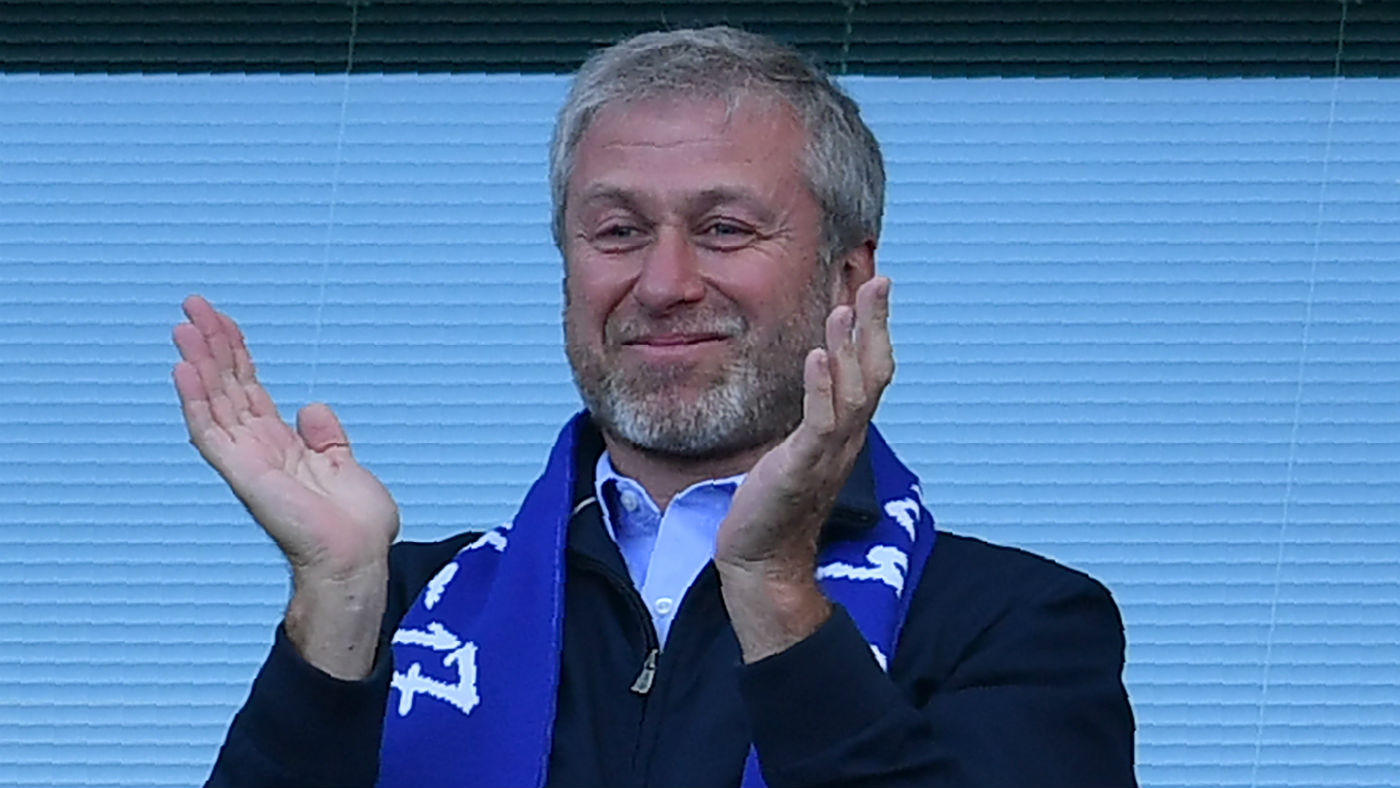
A free daily email with the biggest news stories of the day – and the best features from TheWeek.com
You are now subscribed
Your newsletter sign-up was successful
Chelsea’s home fixture against Newcastle United last Sunday certainly wasn’t a contest “to warm the hearts of the romantics”, said David Hytner in The Guardian. It pitted a club owned by a Russian oligarch with close ties to Vladimir Putin – and now effectively being run by the UK Government – against another that, since October, has been owned by Saudi Arabia’s Public Investment Fund. So perhaps unsurprisingly, it proved an “edgy and uncomfortable” affair, with Chelsea “labouring for much of the afternoon” before a stunning strike from Kai Havertz in the final minutes broke the deadlock. There were “shades of Dennis Bergkamp” in the way the German cushioned Jorginho’s over-the-top pass and slotted the ball past Martin Dubravka. It was a reminder of the quality that exists in Thomas Tuchel’s squad – and it handed the Blues their “fifth Premier League win on the spin”.
It’s surprising, really, that Chelsea have been doing so well on the pitch, given the drama unfolding off it, said Alyson Rudd in The Times. The oligarch Roman Abramovich has been pouring money into the club since he bought it back in 2003; but days after Russia’s invasion of Ukraine, he put it up for sale with a rumoured £3bn price tag. Then, on 10 March, the sale was suspended when the UK Government issued sanctions against him. Under a special licence, Chelsea have been allowed to continue competing, but have had to cease all revenue-raising activities, including selling new tickets for home matches and renegotiating players’ contracts. When faced with the prospect of his team’s upcoming trips to face Lille in the Champions League and Middlesbrough in the FA Cup, Tuchel joked that if his team could not get a plane “we go by train”, adding “if not by bus; if not I will drive a seven-seater”.
To allay some of the fears that these restrictions would force the club into administration, the Government issued a second licence this week, moderating some of the terms of its predecessor and allowing the club’s sale to be resumed, said Matt Law in The Daily Telegraph. Several parties are thought to be interested in a purchase, among them the British property tycoon Nick Candy, and a consortium headed by US businessman Todd Boehly. And so Abramovich’s 19-year relationship with Chelsea really does seem to be drawing to a close, said Jonathan Liew in the New Statesman. The “official narrative” of that relationship is that it was never based on money or self-interest: Abramovich claims he was drawn to Chelsea through “pure passion for the game and club”. Yet as bombs rain down on Ukraine, it seems possible to see – as if for the first time – why a man whose wealth depended on his links to the Kremlin might have wanted to sink billions into a football club. The truth is that Chelsea and Abramovich “locked each other into a kind of Faustian pact” – one that offered the club “trophies and clout”, while giving the Russian prestige and respectability, a “route into the British establishment”, and – perhaps most crucially – a “visibility that shielded him from the sort of political reprisals that were visited on so many of his fellow oligarchs”.
The Week
Escape your echo chamber. Get the facts behind the news, plus analysis from multiple perspectives.

Sign up for The Week's Free Newsletters
From our morning news briefing to a weekly Good News Newsletter, get the best of The Week delivered directly to your inbox.
From our morning news briefing to a weekly Good News Newsletter, get the best of The Week delivered directly to your inbox.
Given this tainted context, one might have expected some show of humility from the Chelsea fans gathered at Stamford Bridge on Sunday, said Oliver Brown in The Daily Telegraph. Such is the “selective myopia” induced by their tribalism, however, that they were mostly unbowed. “Champions of Europe, we know what we are,” they crowed. “We feel bad for the Ukrainian people,” one fan said, “but why should we have to suffer when it’s nothing to do with us?” Nor were such objectionable sentiments merely confined to the Chelsea sections of the crowd. “Chelsea’s skint and the Mags are rich,” sang the Newcastle fans swarming the Fulham Road. Their team, lest we forget, is owned by a fund presided over by Mohammed bin Salman, whose regime is “inflicting untold devastation on neighbouring Yemen”, and which, last Saturday, “used the cover of slaughter in Ukraine to execute 81 people in a single day”. While the Government’s move against Abramovich is to be welcomed, there is “no sense that it can or even wants to do anything about Newcastle’s links to Bin Salman”. Such is the “nightmarishly tangled web” that English football finds itself in in 2022. Having spent decades “gleefully accepting tainted money, it now finds itself in a moral maze from which there is no way out”.
A free daily email with the biggest news stories of the day – and the best features from TheWeek.com
-
 Local elections 2026: where are they and who is expected to win?
Local elections 2026: where are they and who is expected to win?The Explainer Labour is braced for heavy losses and U-turn on postponing some council elections hasn’t helped the party’s prospects
-
 6 of the world’s most accessible destinations
6 of the world’s most accessible destinationsThe Week Recommends Experience all of Berlin, Singapore and Sydney
-
 How the FCC’s ‘equal time’ rule works
How the FCC’s ‘equal time’ rule worksIn the Spotlight The law is at the heart of the Colbert-CBS conflict
-
 The price of sporting glory
The price of sporting gloryFeature The Milan-Cortina Winter Olympics kicked off this week. Will Italy regret playing host?
-
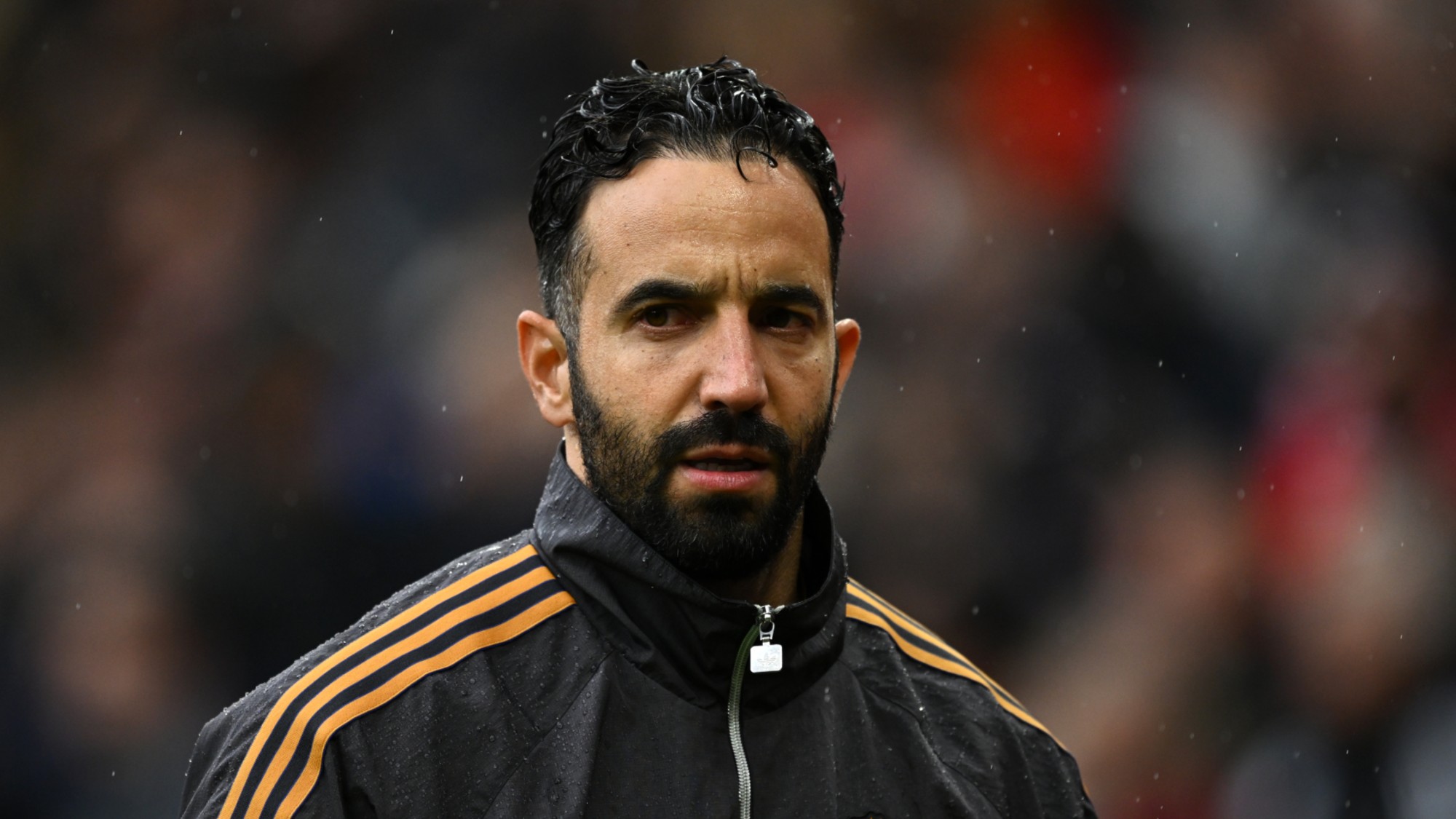 Amorim follows Maresca out of Premier League after ‘awful’ season
Amorim follows Maresca out of Premier League after ‘awful’ seasonIn the Spotlight Manchester United head coach sacked after dismal results and outburst against leadership, echoing comments by Chelsea boss when he quit last week
-
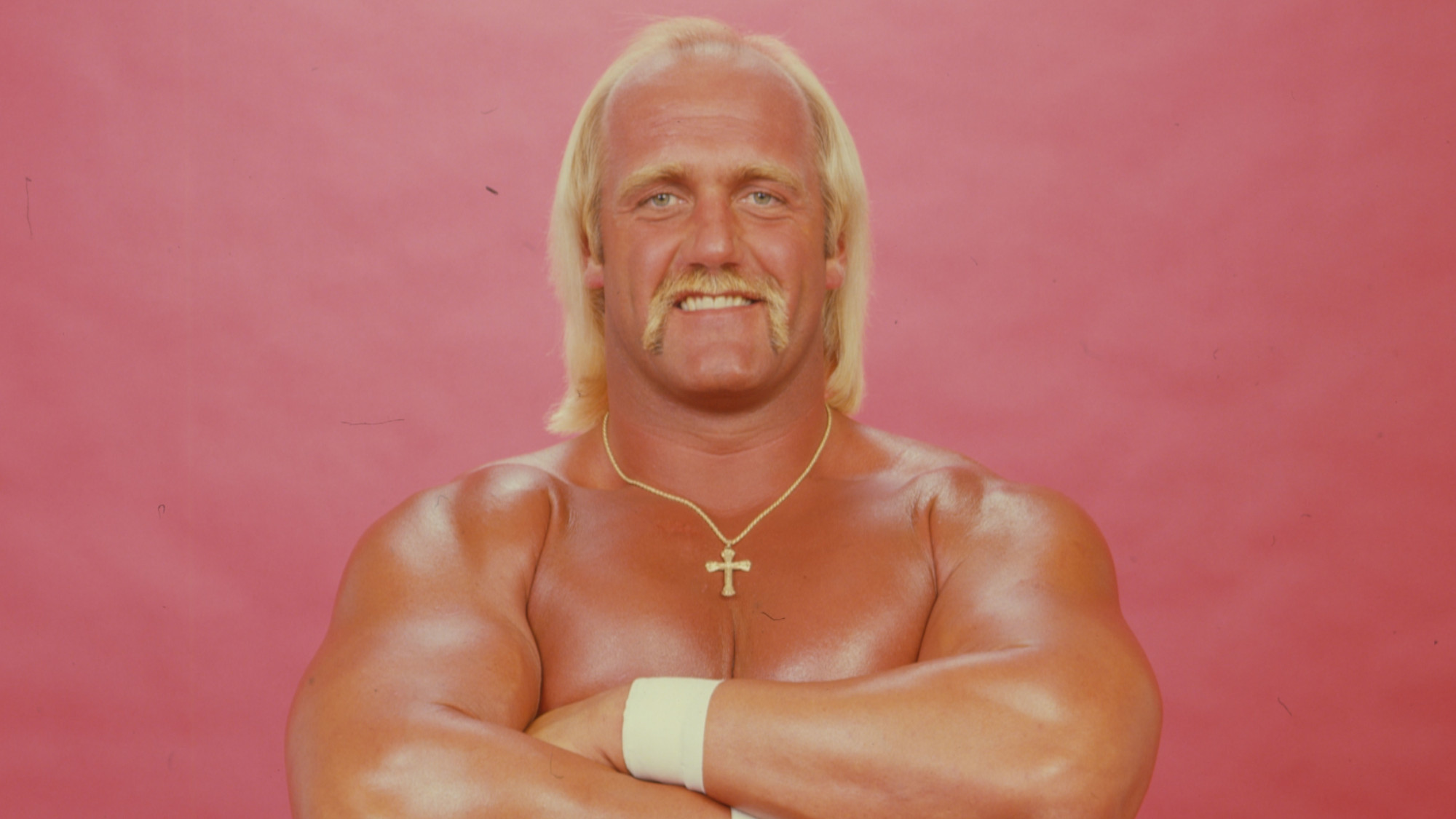 Hulk Hogan
Hulk HoganFeature The pro wrestler who turned heel in art and life
-
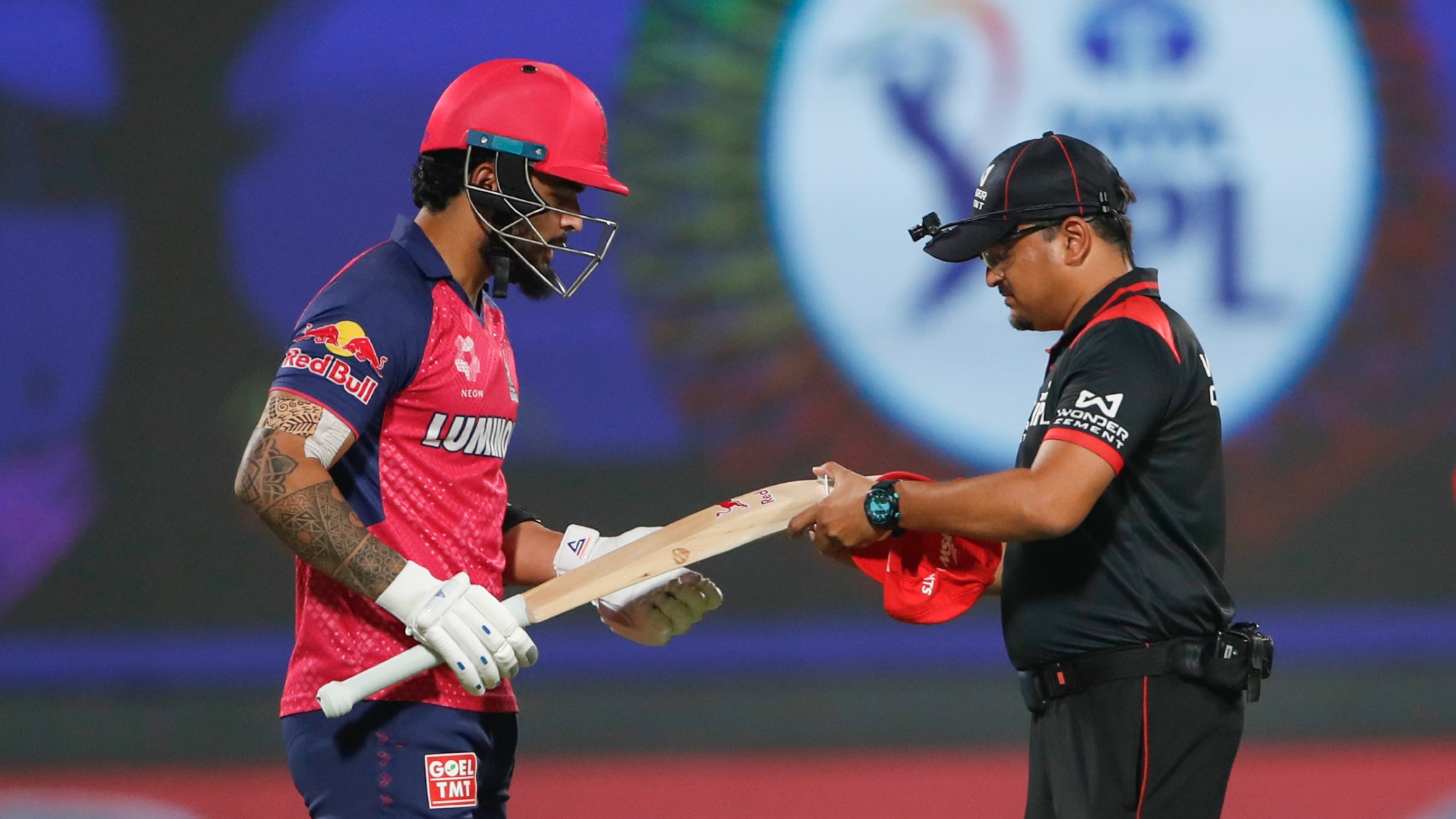 Cricket's crackdown on 'monster' bats
Cricket's crackdown on 'monster' batsIn the Spotlight Indian Premier League has introduced on-pitch checks to ensure bats meet strict size limits
-
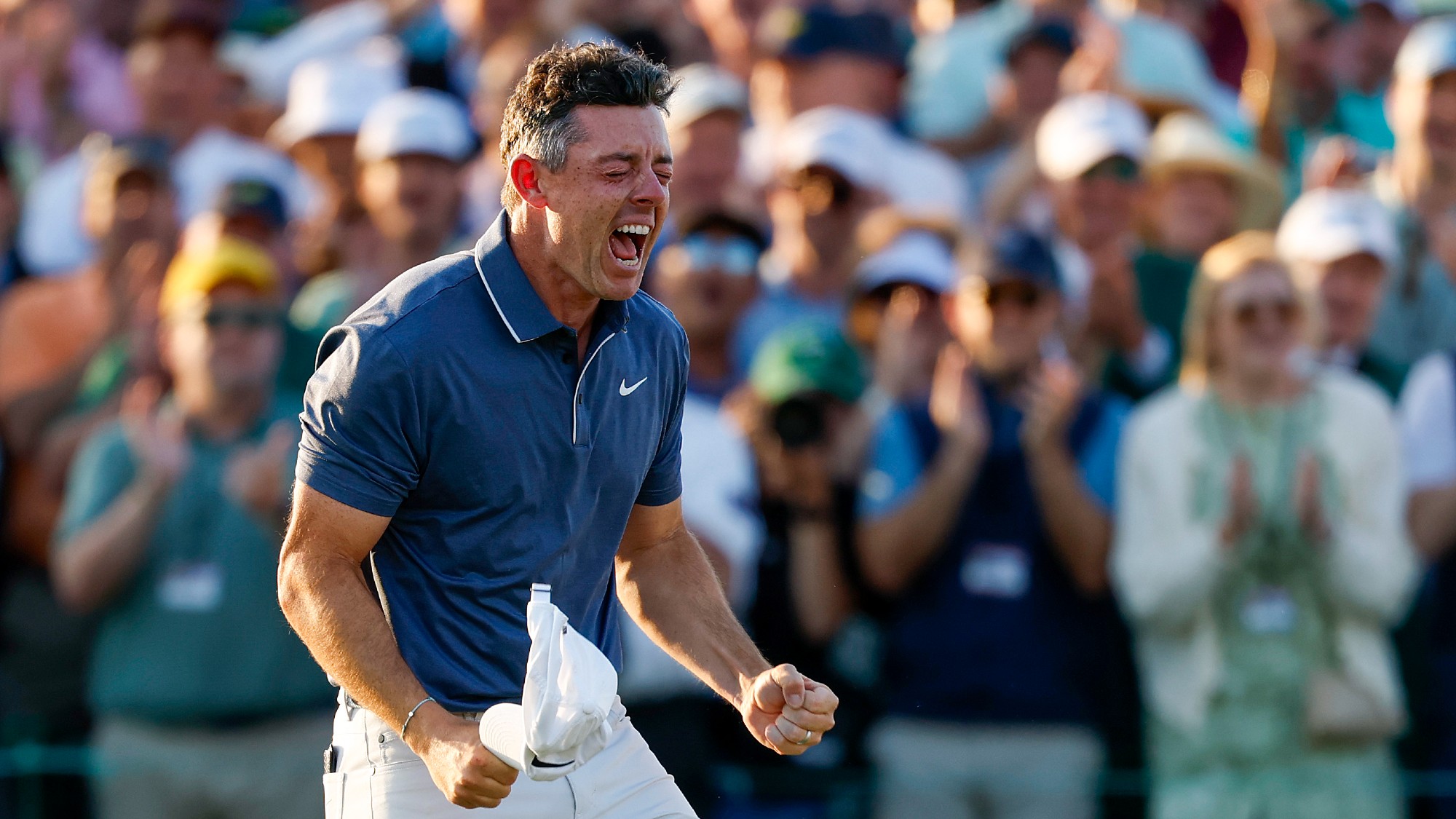 The Masters: Rory McIlroy finally banishes his demons
The Masters: Rory McIlroy finally banishes his demonsIn the Spotlight McIlroy's grand slam triumph will go down as 'one of the greatest and most courageous victories in the history of golf'
-
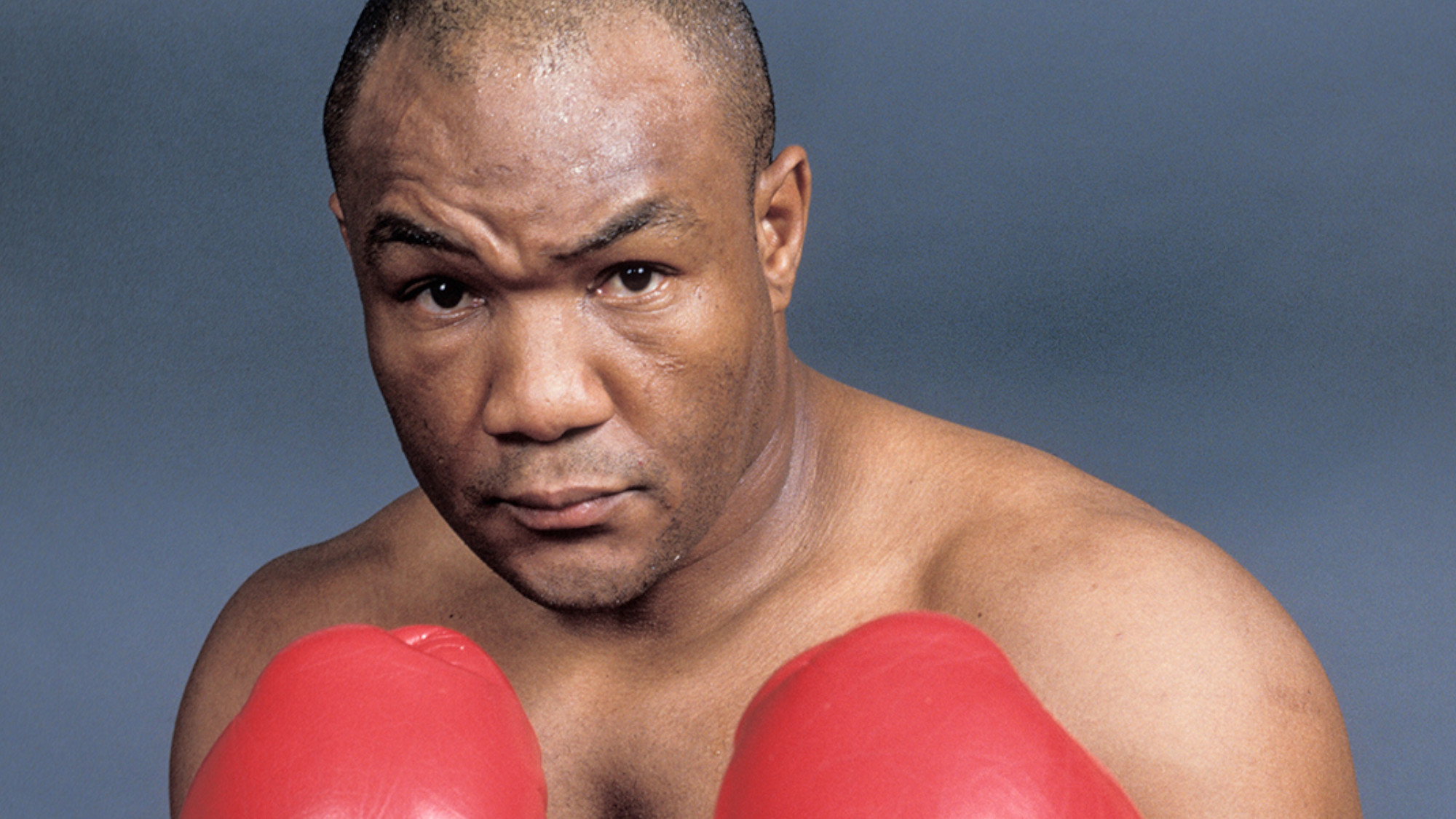 George Foreman: The boxing champ who reinvented home grills
George Foreman: The boxing champ who reinvented home grillsFeature He helped define boxing’s golden era
-
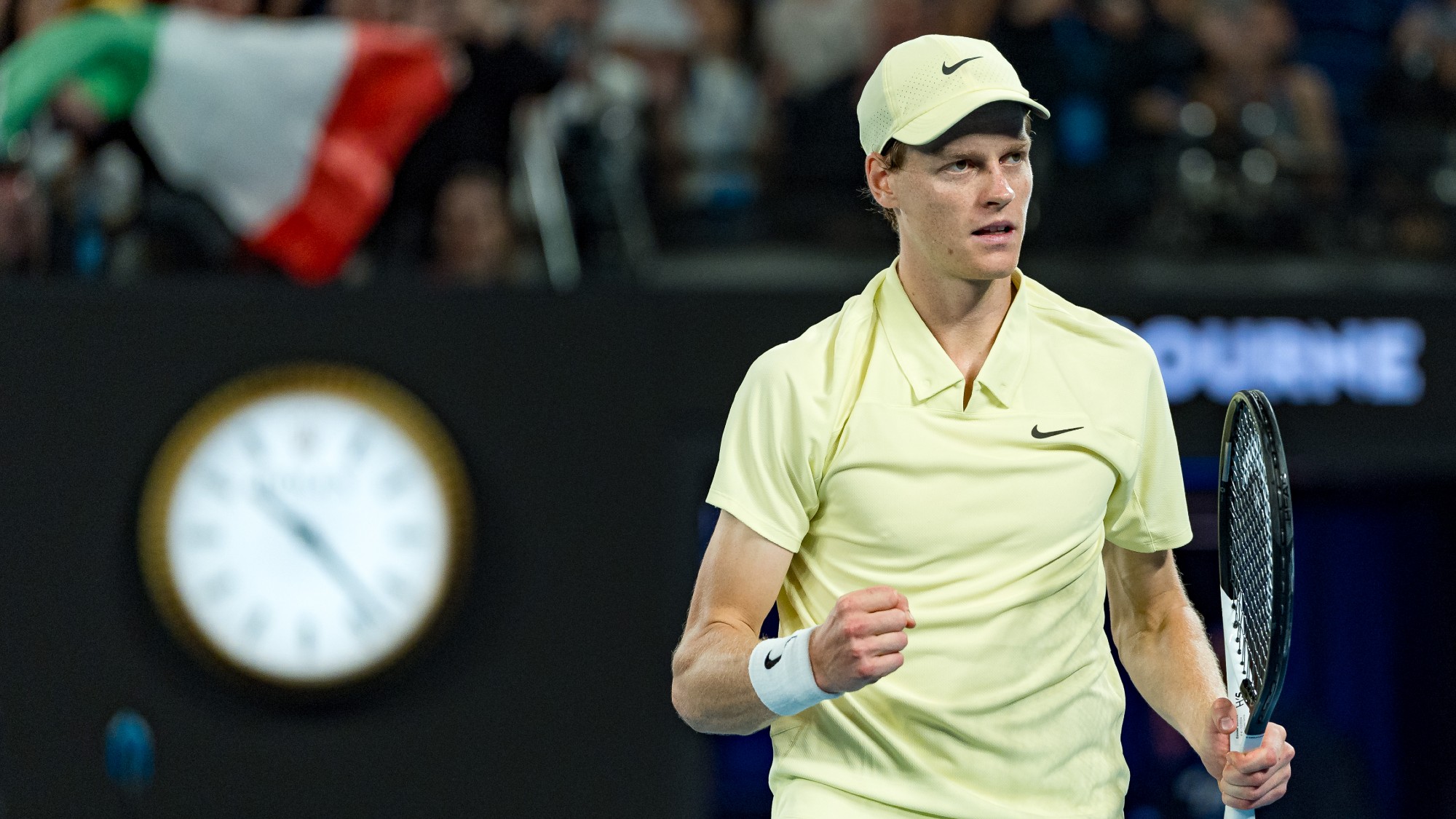 Why Jannik Sinner's ban has divided the tennis world
Why Jannik Sinner's ban has divided the tennis worldIn the Spotlight The timing of the suspension handed down to the world's best male tennis player has been met with scepticism
-
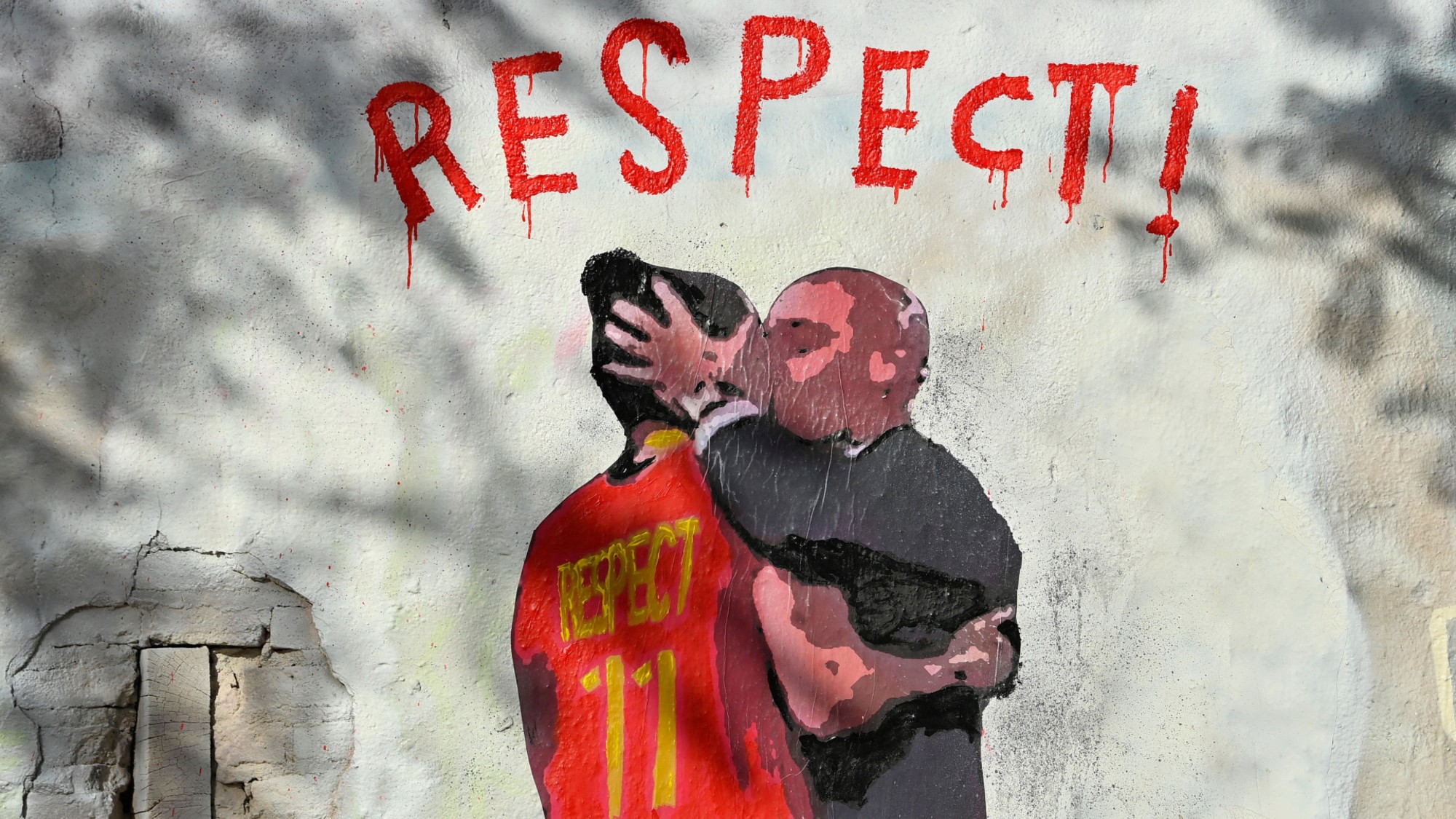 When 'a kiss is not a kiss': Spanish football on trial
When 'a kiss is not a kiss': Spanish football on trialTalking Point Luis Rubiales faces up to two-and-a-half years in jail if convicted of sexually assaulting footballer Jenni Hermoso